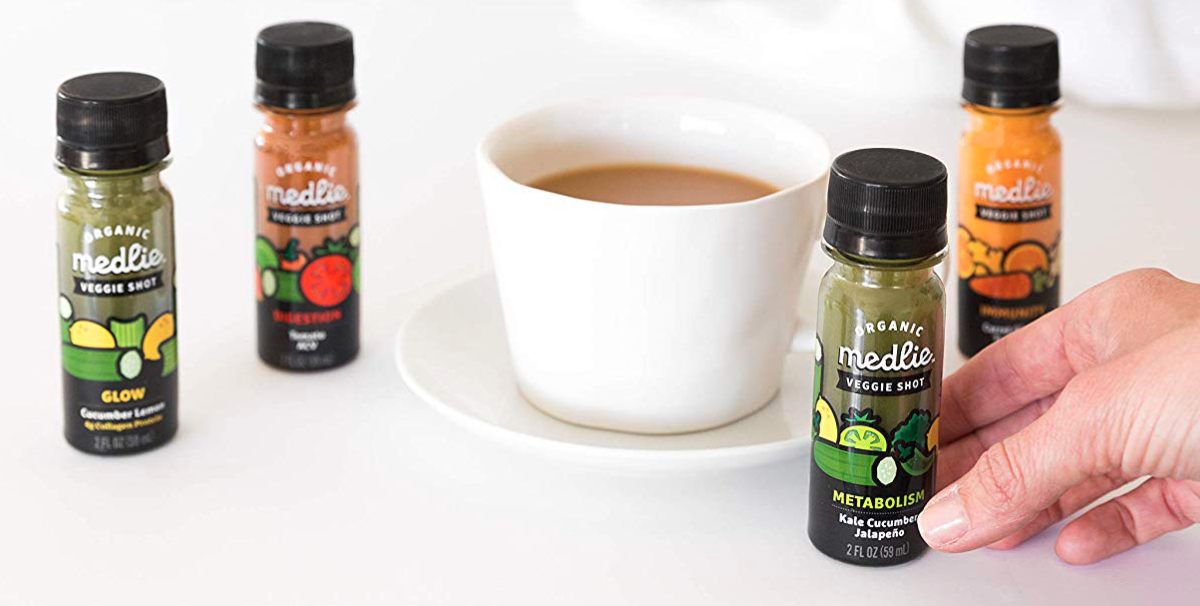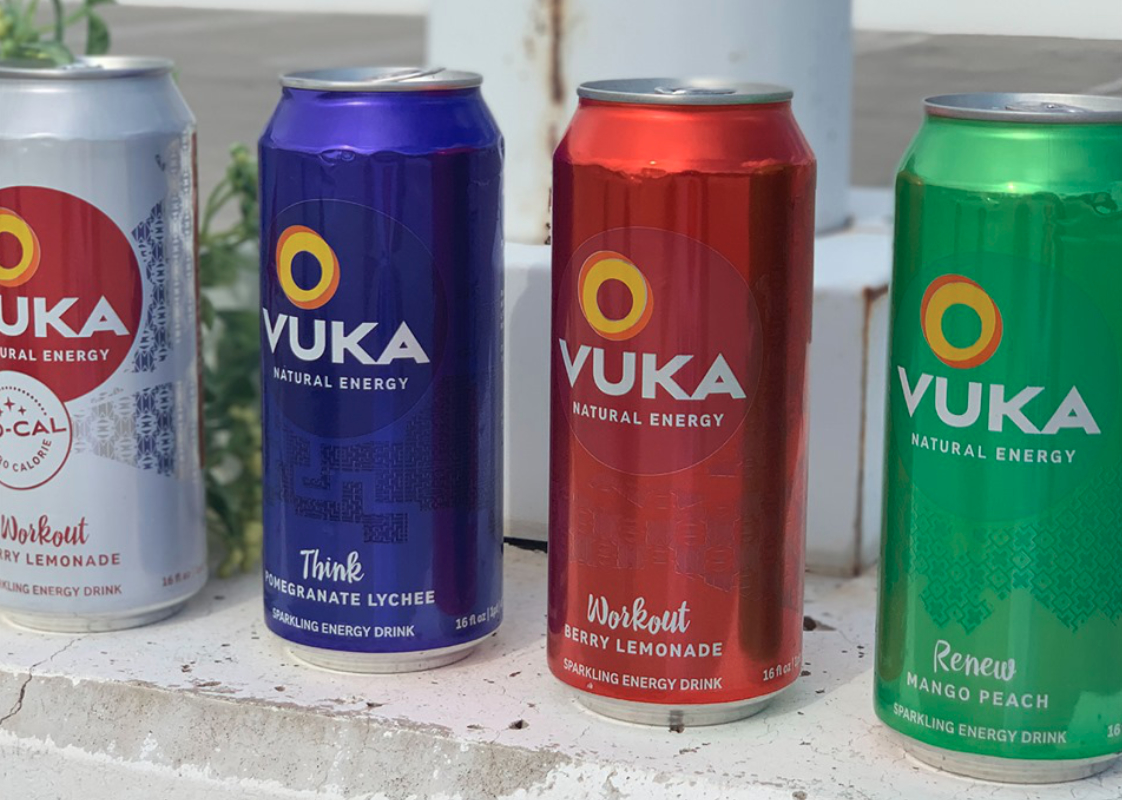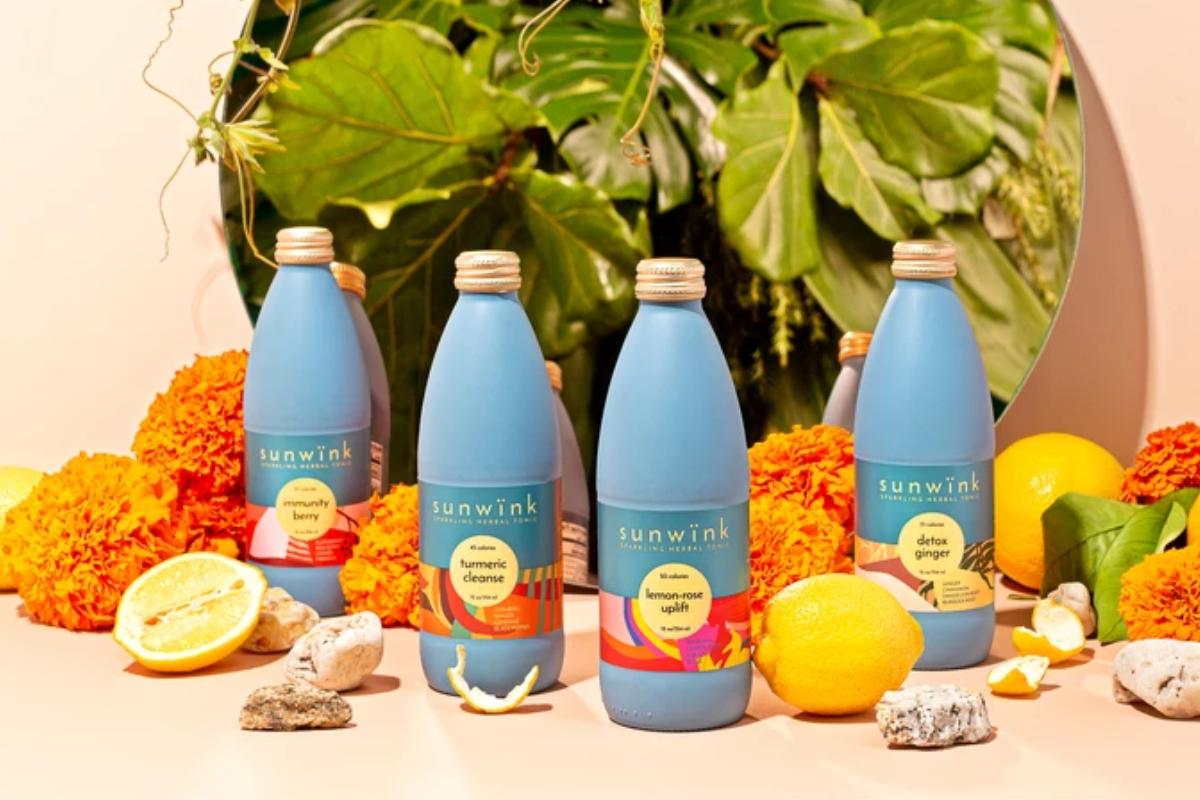CHICAGO — Health and wellness beverage product developers have no boundaries, as better-for-you means something different to every consumer. Most concepts make a connection by promising a benefit, but from there, anything goes. With some health and wellness beverages, the promise may simply be to contain fewer — or zero — empty calories, e.g., added sugars. Others may serve as a vehicle for functional nutrition and feature macro- and micronutrients associated with improving physical well-being.
“You are what you drink,” said Laurie Demerrit, chief executive officer, The Hartman Group, Bellevue, Wash. “Understandings of health and wellness have come to encompass what we eat and drink, and beverages are increasingly used as a source of nutrition and substitute for food.”
The Hartman Group’s “Modern beverage culture 2018” report showed that 62% of all consumers believe beverages play an important role in their health and wellness. The younger the consumer, the stronger the belief.
Forty-four per cent of all consumers agree with the statement “I like my beverages to do something for me, such as provide energy, nutrients or other benefits.” But again, this resonates more with millennials, with the figure rising to 55%.
Millennials also are more likely to treat beverages as a snack (49% of millennials vs. 39% of all consumers), as well as consume beverages to replace meals (38% vs. 28%). This use of beverage as food is fueling innovation in the health and wellness drink segment, with concepts and flavors targeted for the more adventurous younger palate.
“When Gen X and boomers were younger, replacing food with a beverage was almost always a weight loss technique,” Ms. Demerrit said. “Today’s meal replacements are designed not for weight loss — though that may be a benefit as well — but for convenience. Millennials’ desire for functional benefits from their beverages is highlighted by changing norms around meal replacement drinks.”
Research from the market research company Datassential, Chicago, shows that 9 out of 10 consumers are interested in functional foods and beverages. Top need states consumers want to address include improved nutrition, gut health, energy and emotional well-being.
San Francisco-based Harmless Harvest is addressing a number of need states with Protein & Coconut, a new line of plant-based snack drinks. Made with a blend of plant proteins, including pea, sunflower and pumpkin, the beverage also contains notable amounts of fiber and medium-chain triglycerides. The creamy beverage is designed to bridge the gap between meals and puts hunger at bay thanks to the satiating combination of protein, natural coconut fat and fiber.

Jen Berliner, c.e.o., Medlie Inc., Sonoma, Calif., said the health and wellness consumer is looking at ingredient statements and nutrition information. What they are looking for may vary, but they are looking. What’s inside a beverage matters.
Medlie manufactures a line of wellness shots made with whole organic fruits and vegetables, including the seeds and skin. Medlie relies on high-pressure processing (H.P.P.), a food safety technique that eliminates pathogens and extends shelf life, to preserve flavor.
“We hero fruits and vegetables,” Ms. Berliner said. “They are loaded with flavonoids, powerful phytonutrients with antioxidant properties.”
The shots come in four varieties that focus on gut health, immune system support, metabolism and skin health.
San Diego-based Vuka is harnessing energy from the caffeine in coffee beans and combining it with other ingredients to provide a range of health and wellness drinks for different day parts and need states. The lightly carbonated canned beverages come in four varieties, all containing natural caffeine and B vitamins. Cane sugar provides sweetness and some instant energy.
“Think” is a pomegranate and lychee-flavored drink with theanine and panax ginseng to assist with improving memory and concentration, according to Vuka. The berry lemonade-flavored “Workout” variety is made with rooibos tea, L-carnitine, potassium, sodium and magnesium, a functional ingredient blend designed to help performance and restoration.
 Mango peach “Renew” contains panax ginseng and D-Ribose. For those consumers who want no sugar and no calories, there’s a stevia-sweetened version of the workout variety.
Mango peach “Renew” contains panax ginseng and D-Ribose. For those consumers who want no sugar and no calories, there’s a stevia-sweetened version of the workout variety.
Better health, hydration and post-workout recovery are the promised benefits of LivTru Wellness Turmeric Water. Lightly sweetened with stevia, LivTru is formulated with curcumin — the active ingredient in turmeric — in a beverage intended to reduce inflammation. It also contains kucha tea extract, an anti-inflammatory Chinese herb, and the heart-healthy amino acid theanine.
Bjorn Oste, founder and c.e.o., Good Idea Inc., Larkspur, Calif., believes health and wellness beverages should serve a function and provide a scientifically proven benefit to the consumer. The company’s namesake beverage, which was developed in Sweden and is supported by more than 20 years of research, is sparkling water that contains a blend of five amino acids and the mineral chromium picolinate.
In the United States, Good Idea is classified as a dietary supplement. It is marketed as a mealtime beverage and for the best effect, should be consumed before and during meal consumption. Mr. Oste explained that the amino acids prepare the body to metabolize carbohydrates more efficiently, while the small amount of chromium finetunes the process even further while reducing sugar cravings. The beverage itself is unsweetened and contains zero calories.
Bio-Up Mimetic Technologies Inc., a biotechnology company based in Los Angeles, recently introduced the Bio-Up line of health and wellness beverages that uses a proprietary liposome delivery system to transport nutrients more efficiently into the bloodstream. The first two offerings are Cholesterol Aid (with plant sterols) and Cardio Vitality (with omega-3 fatty acids). The drinks promote healthy cholesterol levels and heart health, respectively, while providing essential nutrients for the brain and cellular function.
 Sunwink, a San Francisco-based herbal tonic beverage company, brings herbs to the forefront of the wellness scene. Featuring the taste of sparkling juice, but with the flavor coming from herbs, each Sunwink product contains at least 1,000 mg of herbal extracts. Current varieties are detox ginger, immunity berry, lemon rose uplift and turmeric cleanse.
Sunwink, a San Francisco-based herbal tonic beverage company, brings herbs to the forefront of the wellness scene. Featuring the taste of sparkling juice, but with the flavor coming from herbs, each Sunwink product contains at least 1,000 mg of herbal extracts. Current varieties are detox ginger, immunity berry, lemon rose uplift and turmeric cleanse.
“Health and wellness are a common thread driving menu beverage innovation, too,” said Holly McHugh, marketing associate, Imbibe, Niles, Ill. “This includes the use of functional ingredients and better-for-you indulgences.”
The Imbibe innovation team recently spent some time exploring the food service beverage scene in Chicago. Some noteworthy products they discovered include several Ayurvedic-influenced concepts. Ayurvedic is a holistic practice based on health and wellness arising from a delicate balance of mind, body and spirit.
Oromo Café, Chicago, for example, offers specialties such as a Turkish super beverage, which combines espresso with pistachio milk and rose syrup. The Golden Mylk Latté is a sweet and spicy drink with mood-boosting adaptogens. It is based on almond milk, honey, turmeric, ginger, ashwagandha, black pepper and espresso.
“Butterfly pea flower tea is now offered at numerous Chicago-area cafes,” Ms. McHugh said. “This exotic tea is very intriguing to consumers because it changes colors from blue to purple when acidity is introduced. It’s high in antioxidants, giving it a health halo.”




